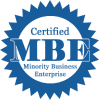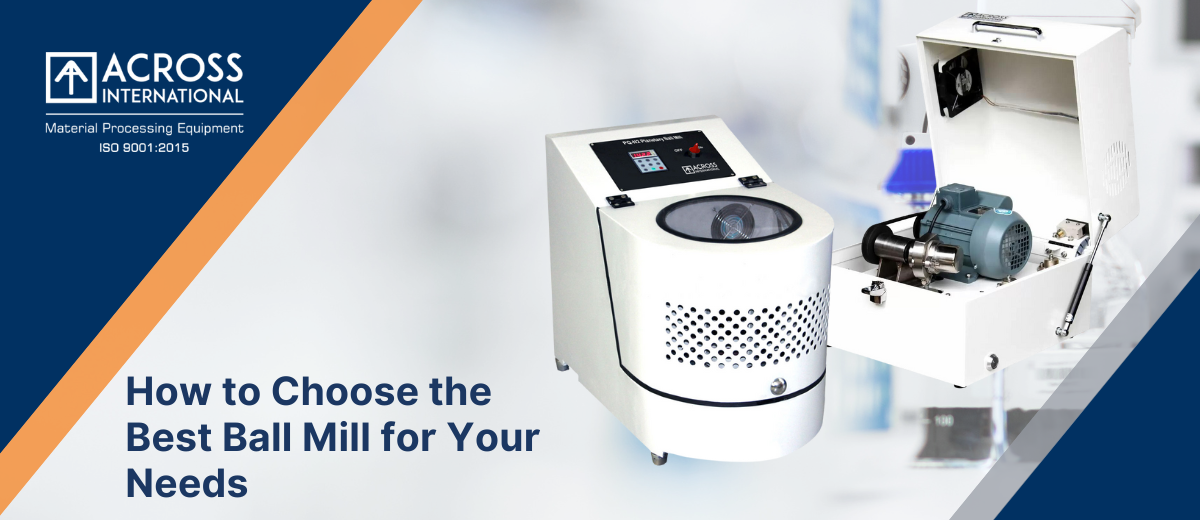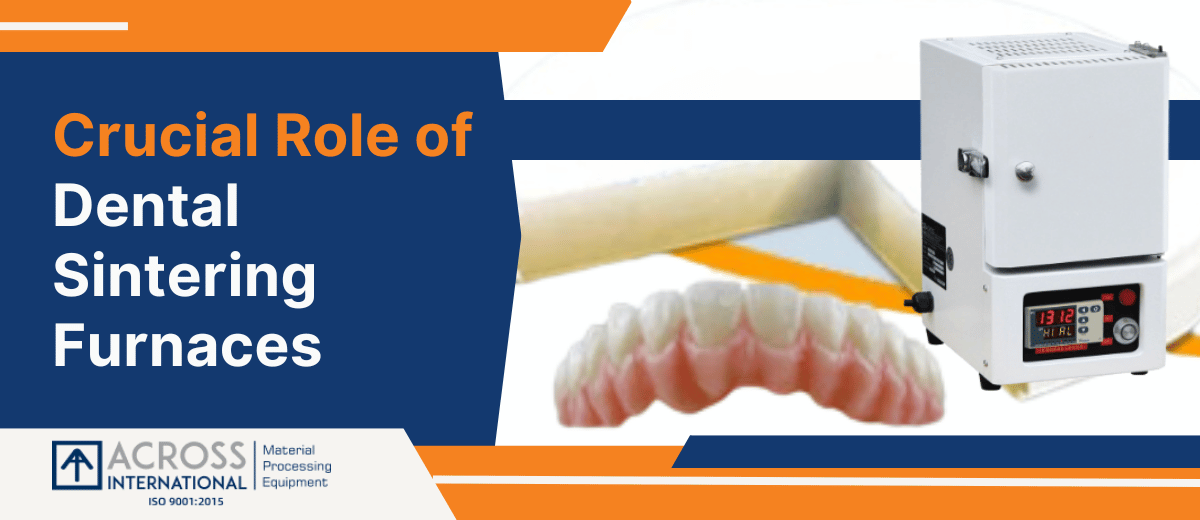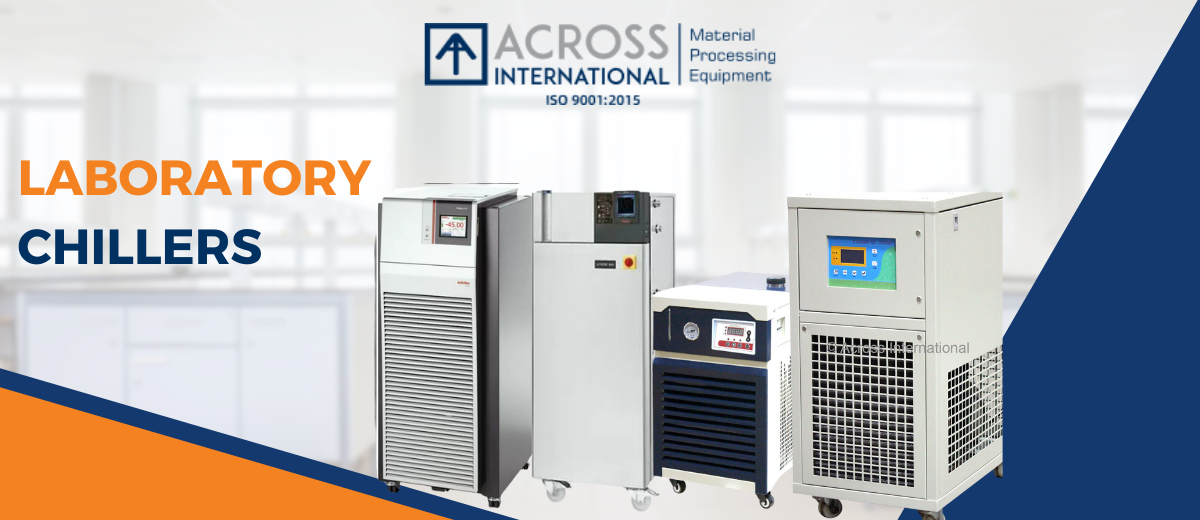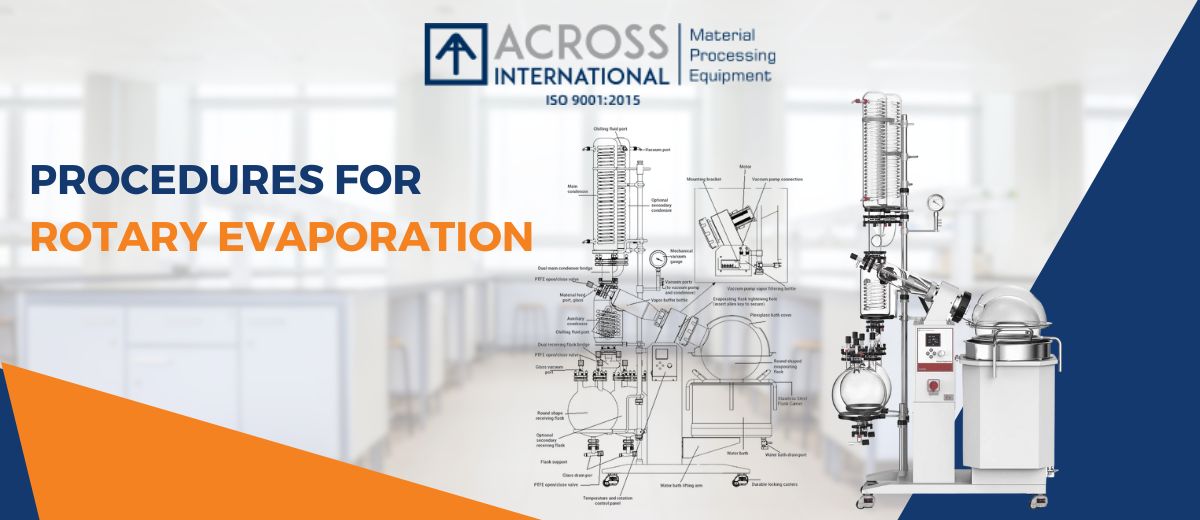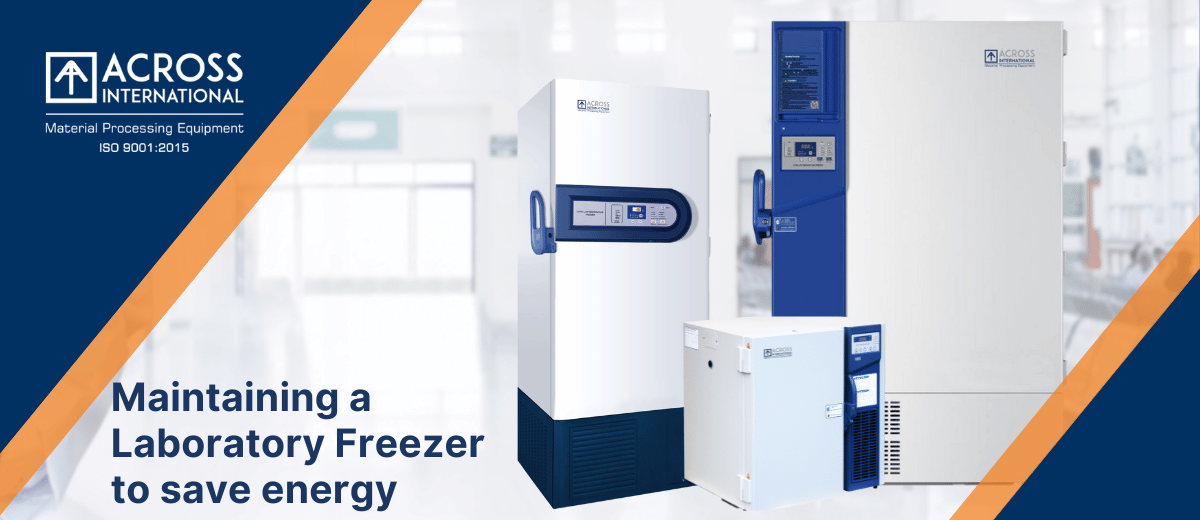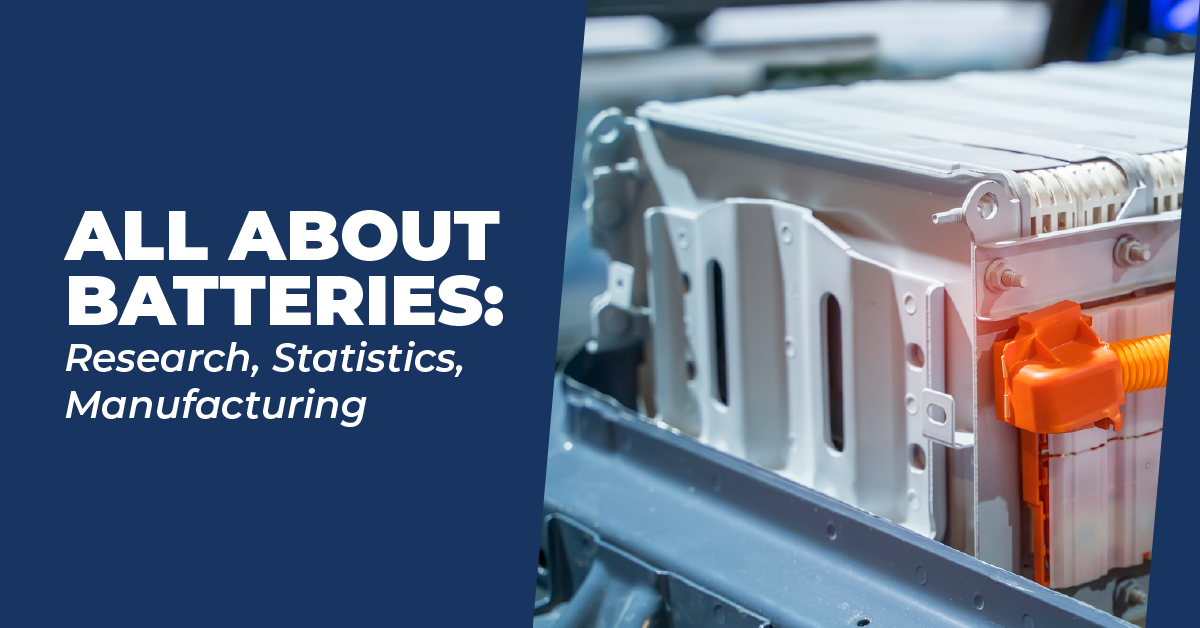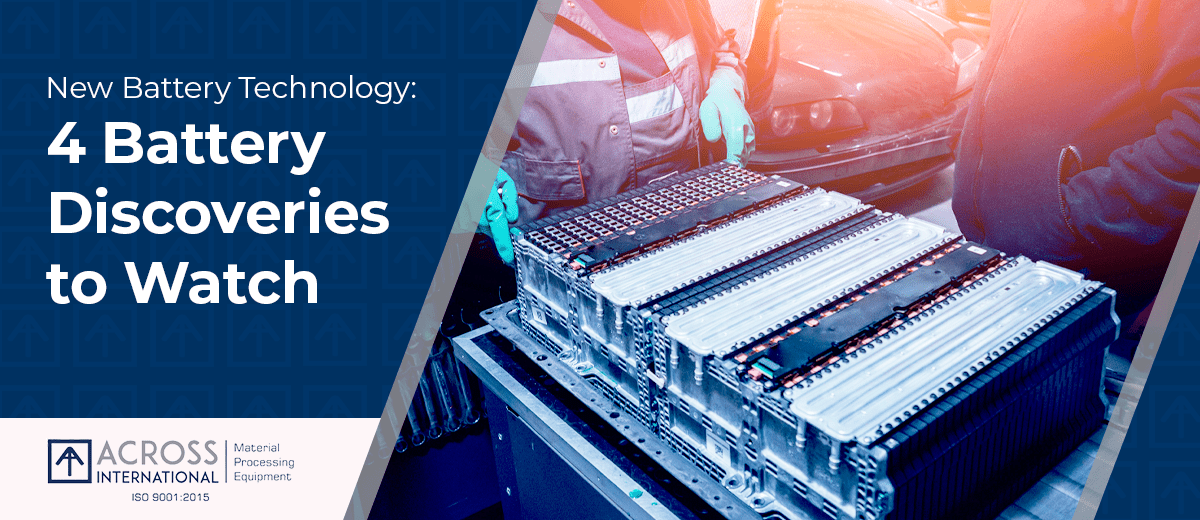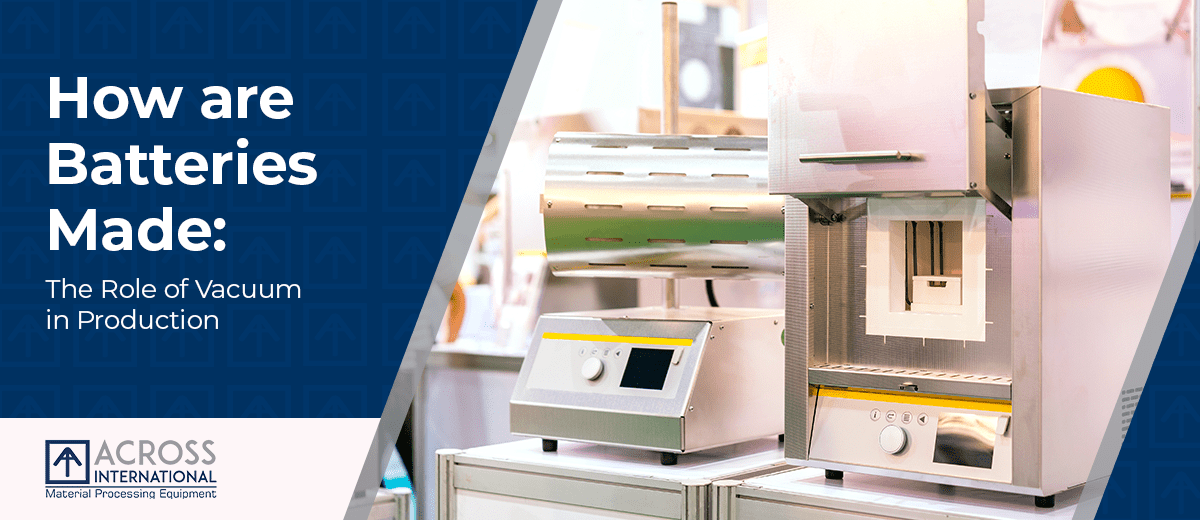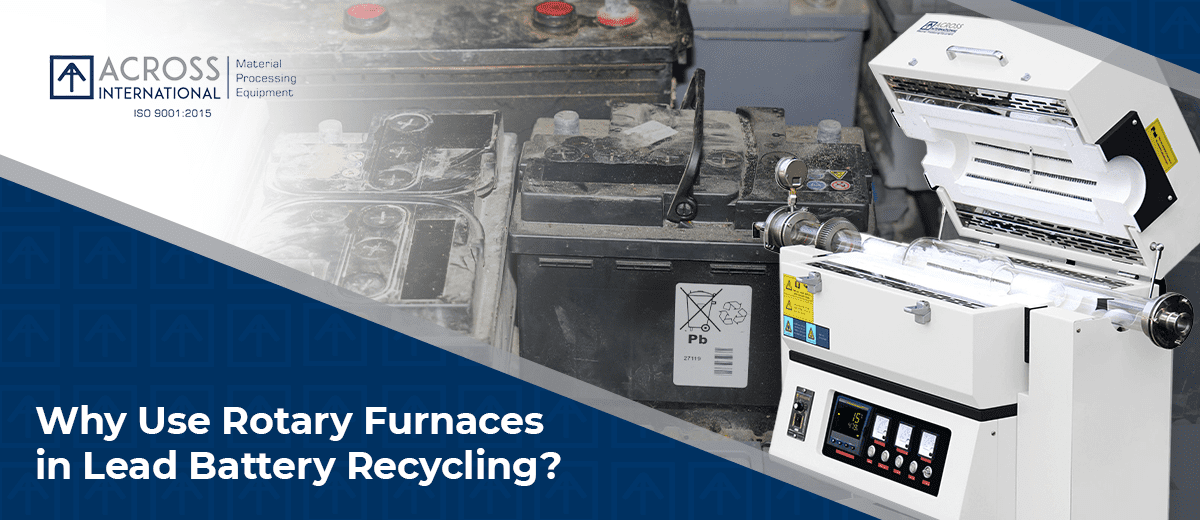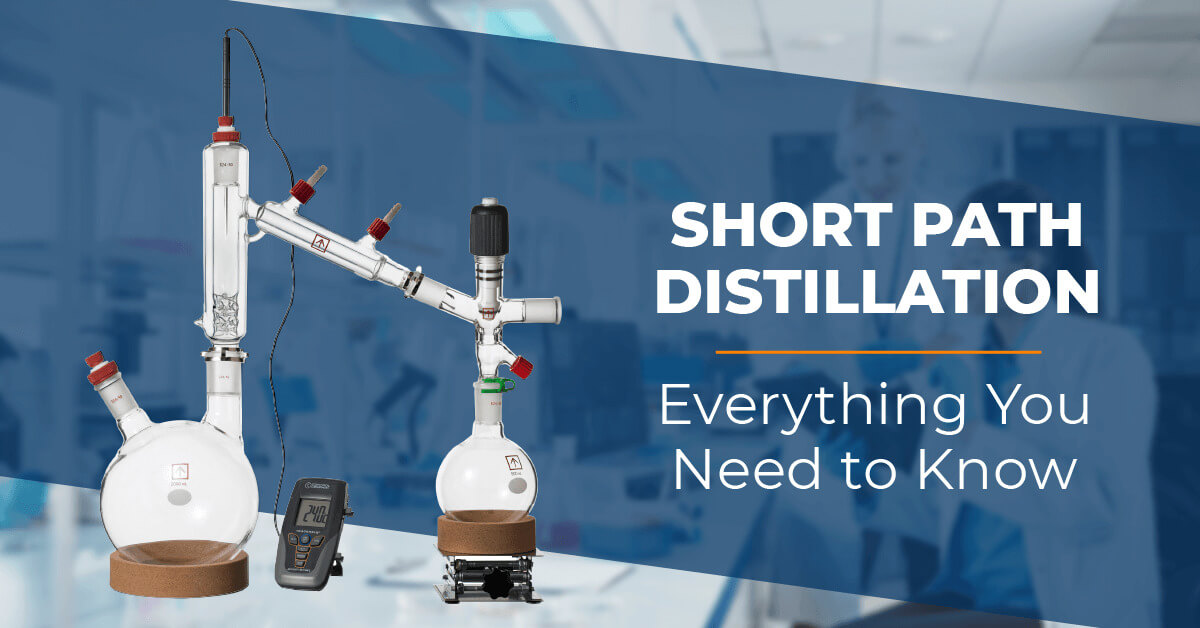We use cookies to make your experience better. To comply with the new e-Privacy directive, we need to ask for your consent to set the cookies. Learn more.
Importance of Equipment Calibration
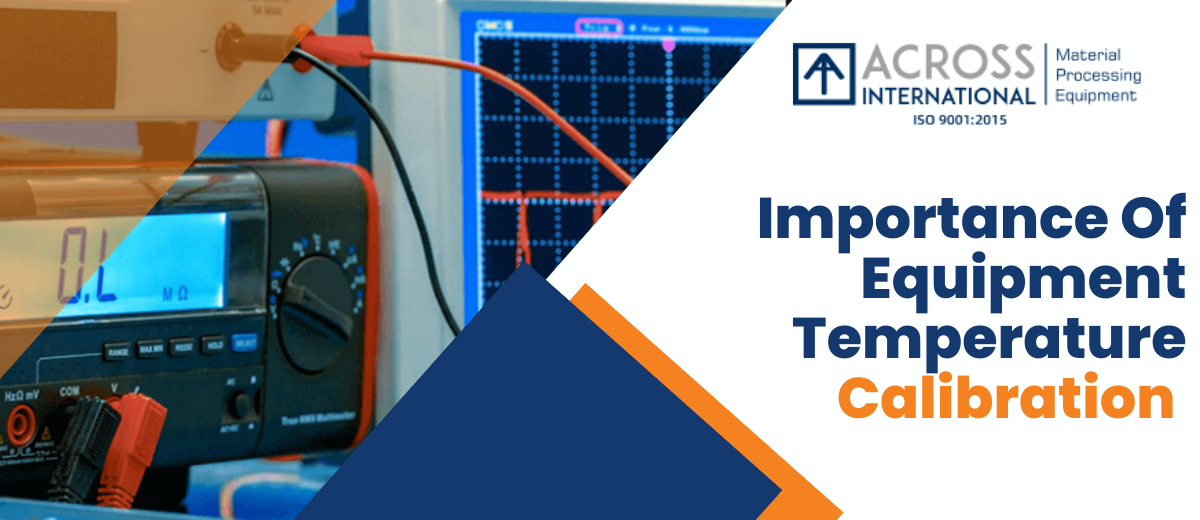
You rely on your equipment for different experiments and regular production jobs. If one of your equipment was damaged and didn’t perform correctly, you need to repair it immediately for safety purposes. Working in a lab with equipment can be a safe and rewarding experience, but it's important to follow safety protocols and use the equipment properly. Calibration acts as one of the most sensitive factors for the Lab equipment.
Yet many laboratories’ technician neglect calibration . If an instrument is not calibrated, the measurements it produces may be inaccurate, which can lead to problems such as:
-- Producing incorrect results
-- Making bad decisions
-- Wasting resources
-- Harming people or the environment
What Is Equipment Calibration?
Equipment calibration is the process of comparing the output of a measuring instrument to a known standard to determine the accuracy of the instrument. This is done by comparing the readings of the instrument to the readings of the standard under known conditions. If the readings of the instrument are not within an acceptable range, the instrument may need to be adjusted or repaired.
Calibration should be performed on a regular basis, according to the manufacturer's recommendations. The frequency of calibration will depend on the type of instrument and the environment in which it is used.
There are a number of different methods that can be used to calibrate equipment. The most common method is to use a standard reference instrument. This is an instrument that has been calibrated to a very high degree of accuracy. The readings of the standard reference instrument are used to adjust the readings of the instrument being calibrated.
Other methods of calibration include using a comparison standard, a transfer standard, or a laboratory standard. The choice of method will depend on the specific requirements of the calibration.
Temperature Calibration is an important part of ensuring the accuracy of measurements. By following the manufacturer's recommendations and using a qualified calibration service, you can help ensure that your equipment is calibrated correctly and that your measurements are accurate.
Here are some of the benefits of equipment calibration:
* Improved accuracy of measurements
* Increased confidence in the results
* Reduced risk of errors
* Increased safety
* Extended equipment life
* Compliance with regulations
If you are responsible for the calibration of equipment, it is important to follow a documented procedure. This will help ensure that the calibration is performed correctly and that the results are accurate. The procedure should include the following steps:
* Identify the equipment that needs to be calibrated.
* Determine the frequency of calibration.
* Select the appropriate method of calibration.
* Perform the calibration.
* Document the results of the calibration.
* Store the calibration records.
By following these steps, you can help ensure that your equipment is calibrated correctly and that your measurements are accurate.
Failure To Comply With Regulations
All types of laboratories must abide by policies and regulations to maintain safety and quality. If you want to be certified in the industry, maintaining accurate, calibrated tools is an essential quality of your lab space. Failure to calibrate your tools also means failure to comply with most laboratory standards and regulations, which won’t reflect well on your lab’s reputation. Make sure you keep up with the lab standards and regulations for your type of lab, whether you run a school lab, a professional space, or anything in between.
Now that we have explored what happens when you don’t calibrate your lab equipment, we hope you better understand why calibration is so important in the laboratory. All these warnings also serve as a look into the benefits of calibration as well. For example, this process helps you ensure accurate results, helps your laboratory stay certified and up-to-date with procedures, saves money on materials and equipment costs, and prevents accidents and injury. If you don’t already, we suggest starting regular inspections and checks of all your equipment. Schedule calibration check-ins at regular intervals even before you see any measurement differences for preventing damage.
Why Across International Calibration Services?
Across International is committed to quality and accuracy. When it comes to calibration, you can rest assured that our team of highly trained calibration experts will service your equipment with the highest level of precision and attention to detail.
Our calibration procedures are fully ISO 17025 compliant
* Able to calibrate all brands of equipment, not limited to Across International products
* All of our temperature calibrations are performed with true SI unit traceability through NIST, equivalent sources, or physical constants
Services We Offer
Onsite calibration services from our17025 accredited calibration laboratories in North America
The expertise to meet all your calibration needs in one place, whether you have a single forced air-drying oven or a series of vacuum ovens
Flexible service options including pickup/delivery, onsite service, or shipping to and from our labs
No hidden fees, minor adjustments are included in the cost of calibration
Gain Peace of Mind with Across International Calibration
For more information on Across International calibration services,
Call Across International directly at 888-988-0899.

